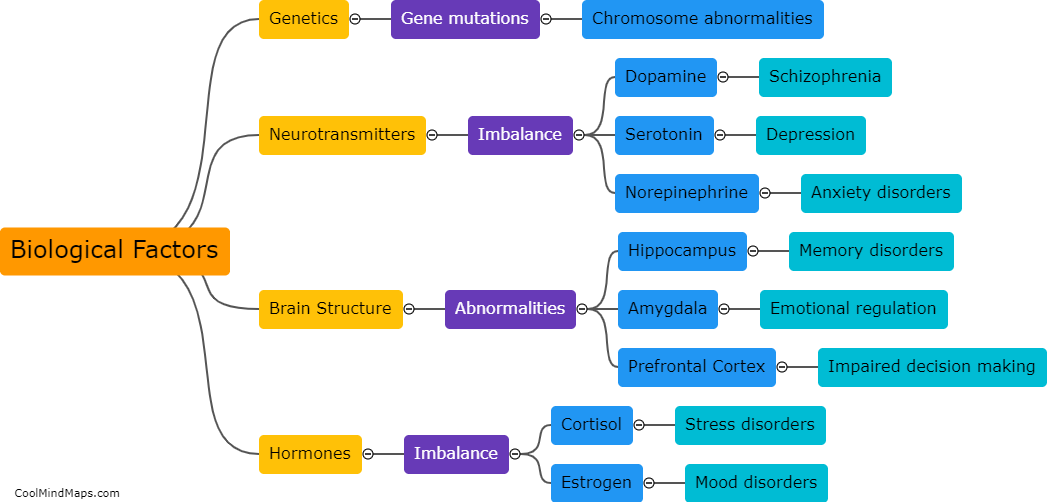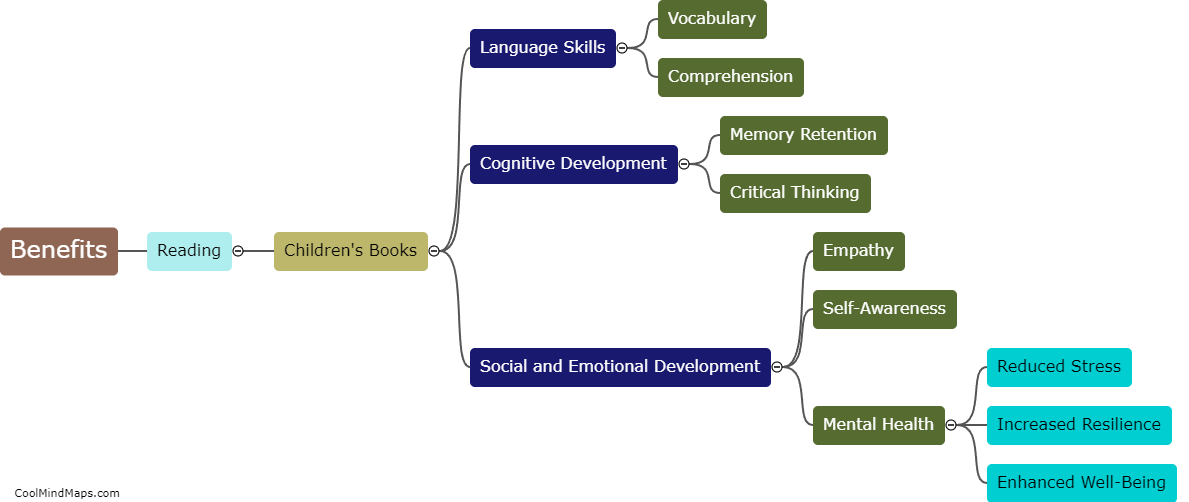How do biological factors contribute to psychological disorders?
Biological factors play a significant role in the development and manifestation of psychological disorders. These factors encompass genetic predispositions, brain chemistry imbalances, and neurological abnormalities. Genetic factors contribute to the vulnerability of certain disorders, as individuals can inherit genes that make them more susceptible to developing mental health conditions. For instance, research has found a strong genetic component in disorders such as schizophrenia, bipolar disorder, and major depressive disorder. Moreover, neurotransmitters, such as serotonin, dopamine, and norepinephrine, are involved in regulating mood, cognition, and behavior. Any disruption in their levels or functioning can lead to psychological disorders like depression and anxiety. Additionally, brain structural abnormalities or dysfunctions in regions responsible for emotion regulation, memory, and decision-making have been observed in individuals with various mental health disorders. Overall, biological factors serve as crucial contributors to the development of psychological disorders, working in tandem with environmental and psychological factors.

This mind map was published on 3 September 2023 and has been viewed 108 times.











